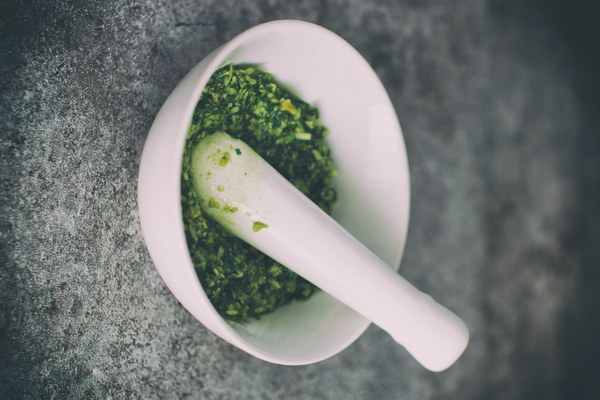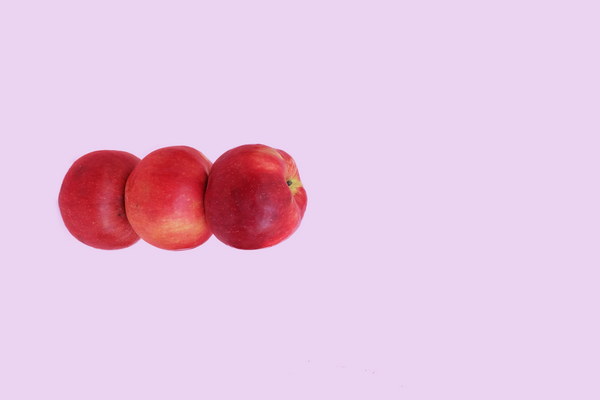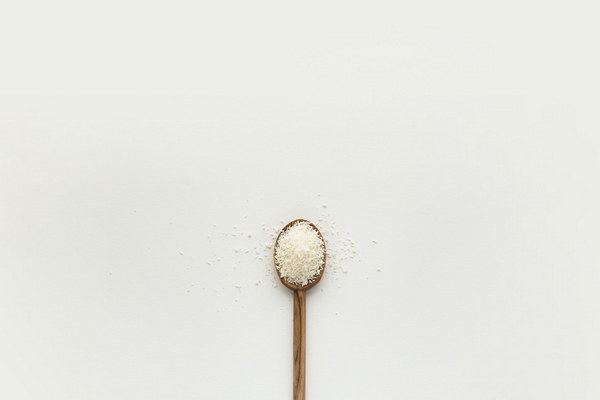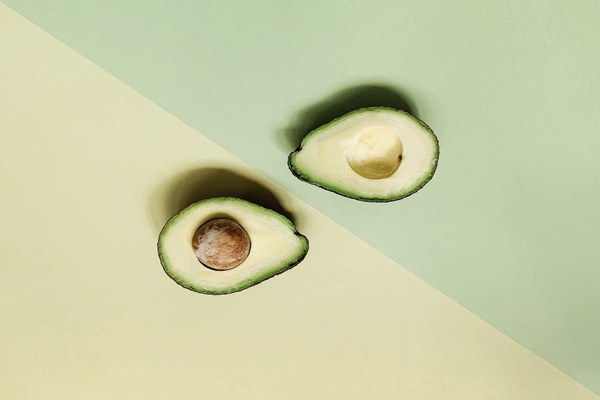The Ultimate Battle Eastern Herbal Medicine vs. Dietary Health - Which is Better
In today's fast-paced world, maintaining good health has become a priority for many people. With numerous health trends and practices floating around, it can be challenging to determine which is the best approach. Two popular methods are Eastern herbal medicine and dietary health. This article will delve into the strengths and weaknesses of both methods to help you decide which one is better for you.
1. Eastern Herbal Medicine

Eastern herbal medicine, also known as Traditional Chinese Medicine (TCM), has been practiced for over 5,000 years. It focuses on balancing the body's energy (Qi) to maintain health and treat diseases. Here are some advantages and disadvantages of this method:
Advantages:
- Holistic approach: TCM treats the whole person, not just the symptoms. This means addressing the root cause of the problem, rather than just the symptoms.
- Natural ingredients: Herbs used in TCM are natural and have fewer side effects compared to synthetic medications.
- Personalized treatment: TCM practitioners tailor the treatment to the individual's specific needs, considering factors like age, gender, and lifestyle.
Disadvantages:
- Lack of scientific evidence: Some TCM practices lack scientific backing, making it difficult to determine their effectiveness.
- Potential side effects: Some herbal remedies can interact with other medications or cause adverse reactions in certain individuals.
2. Dietary Health
Dietary health focuses on consuming a balanced diet rich in nutrients to maintain good health. This method emphasizes the importance of food choices and portion control. Let's examine the advantages and disadvantages of dietary health:
Advantages:
- Evidence-based: Dietary health is based on scientific research and has been proven to be effective in preventing and treating various diseases.
- Easy to implement: A balanced diet is more accessible than herbal medicine, as it involves making changes to your daily eating habits.
- Cost-effective: Dietary health is generally more cost-effective than seeking medical treatment for chronic diseases.
Disadvantages:
- Requires discipline: Sticking to a healthy diet can be challenging, as it often involves making sacrifices and changing long-standing eating habits.
- Individual differences: What works for one person may not work for another, as dietary needs vary from person to person.
So, which one is better?
The answer to this question depends on your individual needs and preferences. If you prefer a holistic approach and are willing to try natural remedies, Eastern herbal medicine might be the right choice for you. However, if you are looking for a more evidence-based approach and want to make lifestyle changes, dietary health is the way to go.
In conclusion, both Eastern herbal medicine and dietary health have their own advantages and disadvantages. It's important to research and consult with professionals before deciding which method suits you best. Remember, the key to good health lies in finding the right balance and maintaining a healthy lifestyle.









